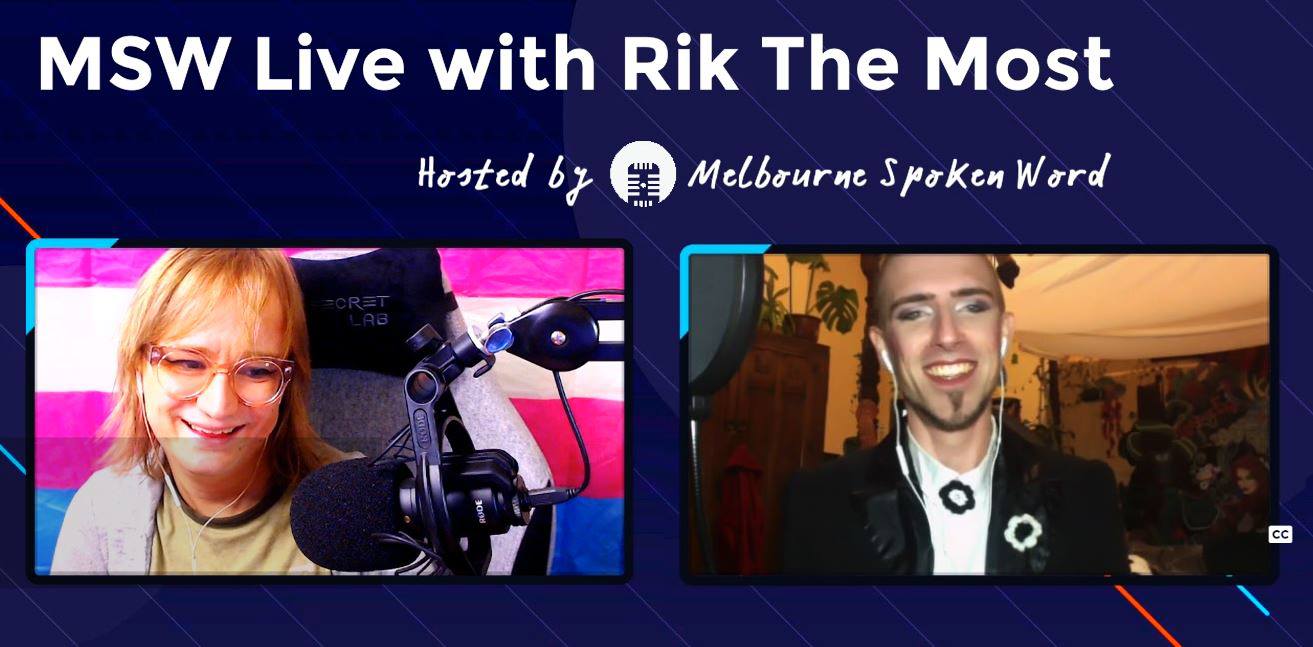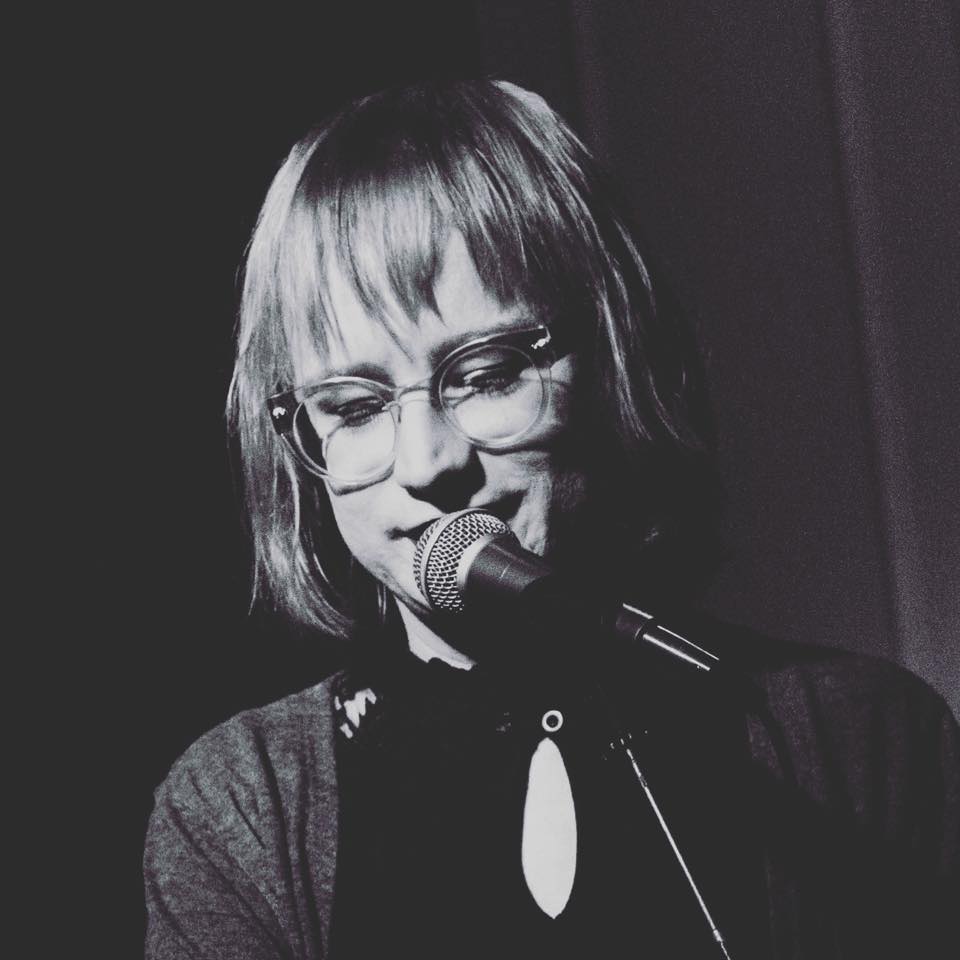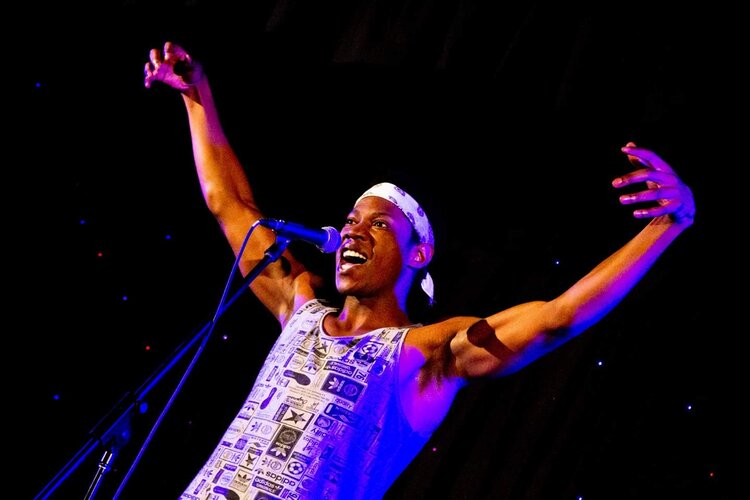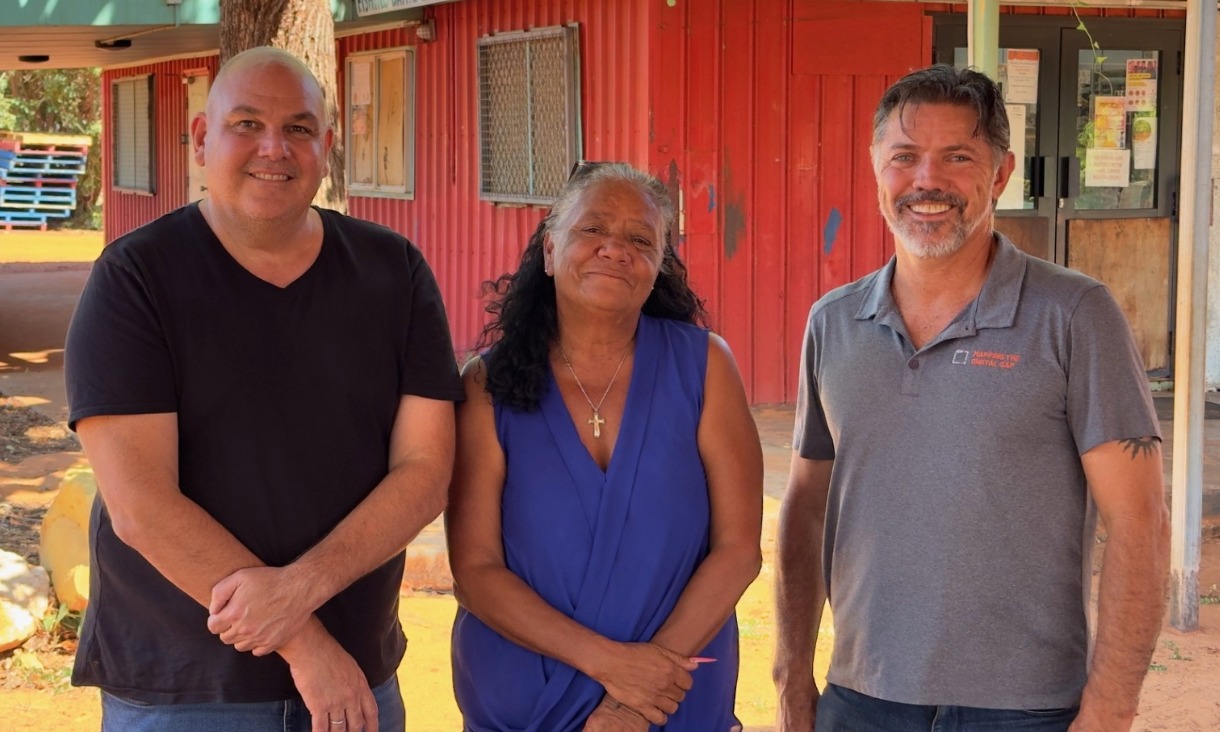With unwavering interest in supporting spoken word and poetic performers and providing a platform to promote and host their events throughout Melbourne, Solah founded Melbourne Spoken Word (MSW) in 2012. MSW is a website and arts organisation, off the back of which Solah last year launched Melbourne Spoken Word and Poetry Festival (MSWPF).
This year, RMIT Creative Writing students will also contribute to the organisation of the festival through work integrated learning opportunities.
MSW’s work in Melbourne’s spoken word and poetry scene places a particular focus on inclusivity. ‘Solah was recently named by the performer, editor and producer David Stavanger on the podcast Poetry Says, as one of the great voluntary cultural producers in the Australian poetry scene,’ Bonny Cassidy, Lecturer in RMIT’s Creative Writing Program said.
Solah graduated from RMIT’s Bachelor of Arts (Creative Writing) program in 2015 and has since maintained a relationship with the University via its Writing and Publishing team. To assist with the festival’s transition from face-to-face to digital delivery, Solah has created two work integrated learning internships for current Creative Writing students. Matilda Nguyen and Charlie Crowe will receive credit toward their own Creative Writing degrees in addition to invaluable, hands-on industry experience.
Crowe said of the opportunity, ‘When I first got the email about an internship with MSWFO, I immediately knew it would be an incredible experience. I've been involved with spoken word for a few years now and organised a spoken word event last year in collaboration with RMIT for Pride Week. I'm really excited about this opportunity to learn new professional skills, to meet people in the industry, to witness and understand the progression of creating a big event, and of course, to hear the poets during the festival.’
Although MSWPF was set to soon announce its 2020 program, necessary restrictions on large gatherings and venue closures recently dampened Solah’s hopes of this year’s festival going ahead.








